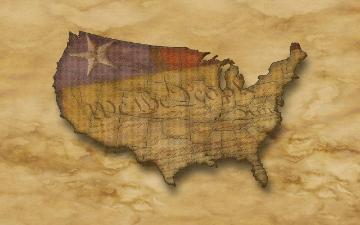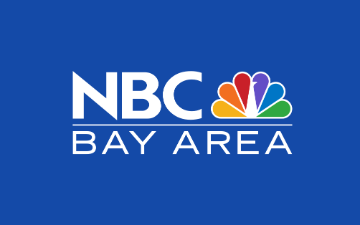When Marty Gibson became the mayor of Williams, he set a strict code for himself: no freebies, no gifts, no special treatment. His pledge came, in part, because of the free-wheeling attitude of his predecessor, who had become known in the community for demanding special privileges based on his public office. More than one business reported that they had felt "coerced" into giving major discounts on goods or services, or providing items at no cost when the former mayor came by. Gibson reasoned that as long as he stuck to his pledge, no one could accuse him of taking advantage of his office or of being biased in any decisions that came before the council.
The other members of the city council weren't willing to completely give up the "perks" and decided to follow the city code and state laws, which allowed them to receive gifts as long as they were reported.
The mayor faced a dilemma when the invitation came for him to throw out the first pitch at the opening game of the Williams Hornets, a national baseball franchise, and watch the game from the VIP box. The owners of the ballpark had submitted plans for expansion of the facility to include a major retail component, which was opposed by local businesses. He was struggling with the decision because it could appear to the public as a "political perk" or simply as part of his official duties as the mayor. The other members of the council planned to accept the offer of VIP tickets, and the vice mayor indicated she would be more than willing to throw out the first ball.
Questions:
Should Mayor Gibson throw out the first ball?
If he does, should he stay for the game? Sit in the stands or in the VIP box?
This case was developed by Judy Nadler, senior fellow in government ethics at the Markkula Center for Applied Ethics and former mayor of the city of Santa Clara, Calif. The story is fictional, but the case represents a typical dilemma confronted by elected officials.
July 2006



